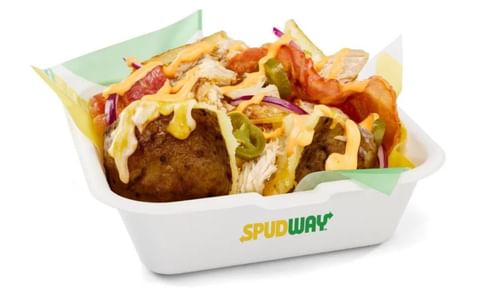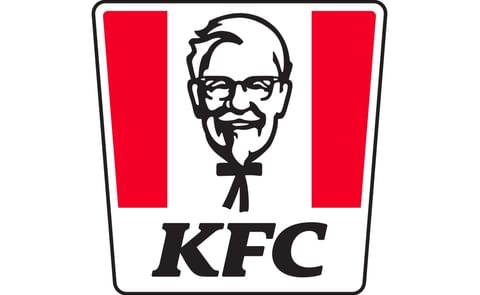A2008 CSPI reviewof 539 restaurant inspections in 20 cities found that two-thirds of restaurants had troubling critical food safety violations. That report,Dirty Dining, contained harrowing accounts of chicken salad stored at a bacteria-friendly 50 degrees, mouse droppings in ice machines, and roaches scampering across cutting boards. CSPI found that many of those inspection reports were hard for the public to obtain;CSPI investigators had to pry reports from some secretive health departments with formal requests made under the Freedom of Information Act.
“When some said it was impossible to get artificial trans fat out of restaurant food, New York City proved them wrong,” said CSPIfood safetyattorney Sarah Klein. “When others said that calorie counts on menus were impractical, New York City made it look easy. L.A. was the first to put food safety letter grades in restaurant windows. But with 24,000 restaurants representing virtually every cuisine on Earth,New York Citycan show that if you can make it happen there, you can make it happen anywhere.”
Klein will represent CSPI at the Conference on Food Protection in Providence, RI, next month. That conference brings together food industry stakeholders, consumer groups, and food-safety officials from state, local, and federal agencies, and makes recommendations to the Food and Drug Administration on updating its model food code. That code forms the scientifically sound technical and legal basis for regulating retail food sales, and is then typically adopted by state and local agencies. CSPI wants it to include letter grades for restaurants.
“Of course, we also want to prevent food from being contaminated before it even enters a restaurant, which is why Congress needs to give the FDA the authority and resources it needs to do that job,” Klein said. The Senate is expected have a vote on final passage of theFDA Food Safety Modernization Act this spring.
Source: CSPI









